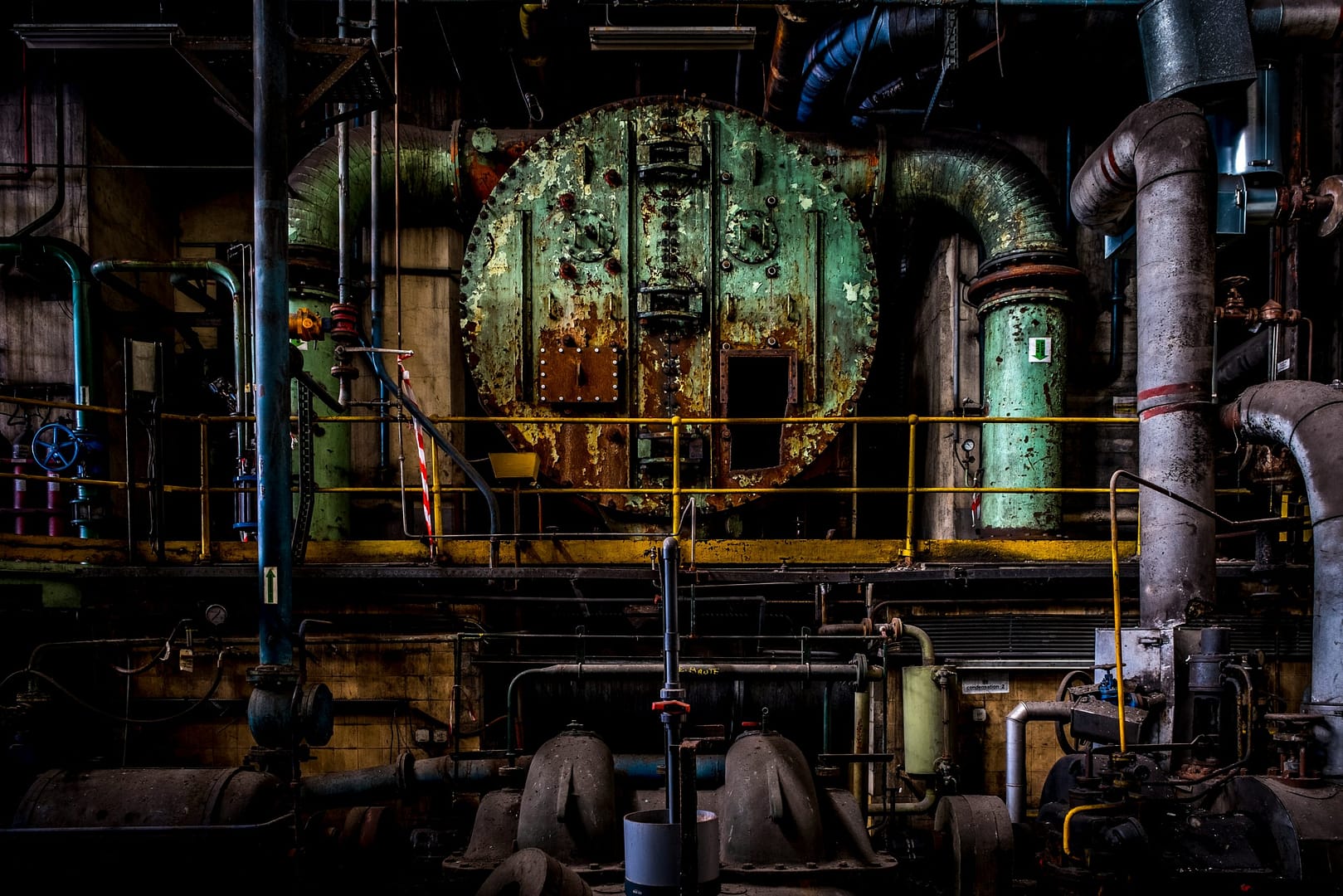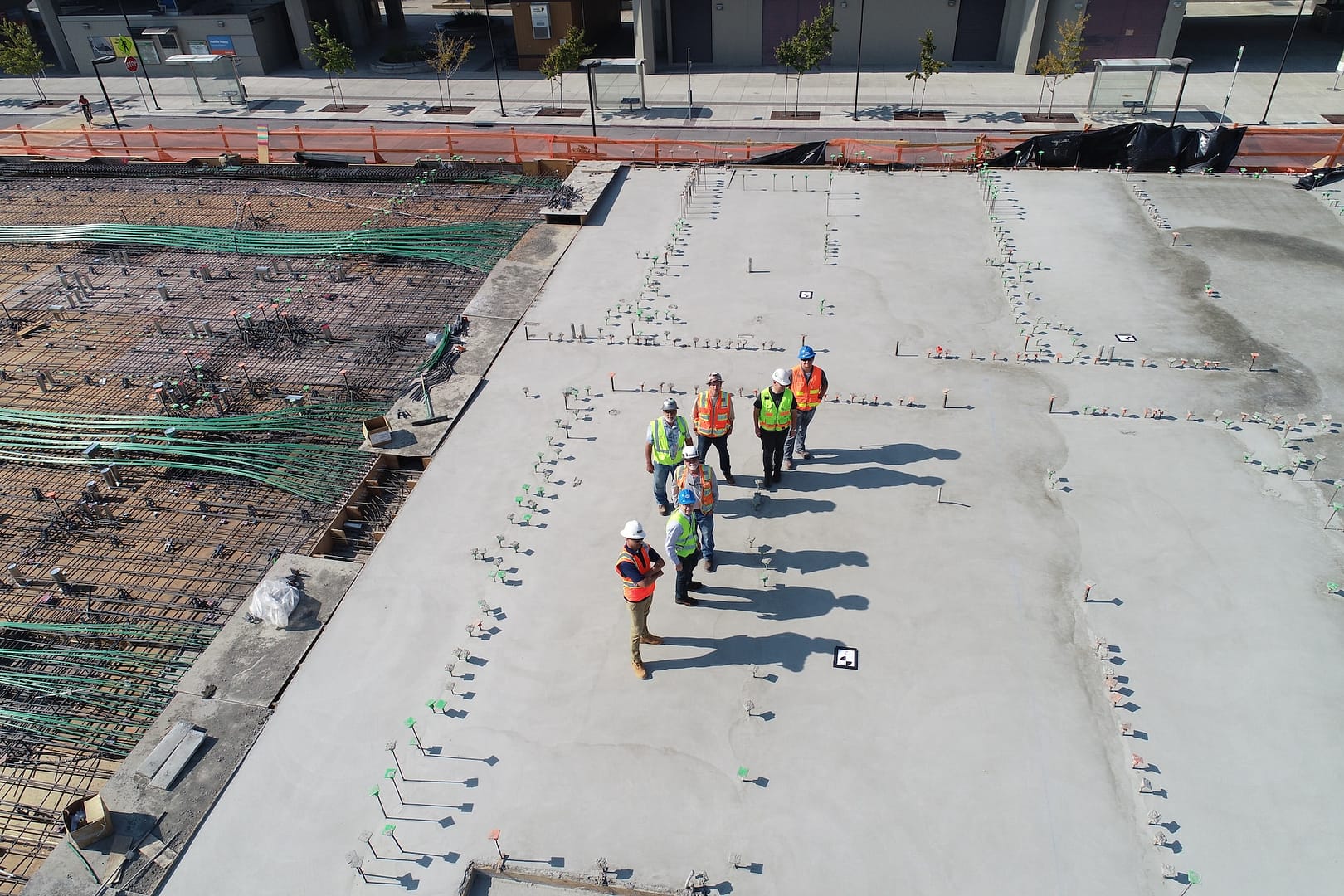Imagine a scenario where you are diligently working in a factory, office, or construction site. Everything seems to be running smoothly, but suddenly, an accident occurs. It could be something as simple as slipping on a wet floor, an incident involving heavy machinery, or even a more serious event. While no one expects to experience an accident at work, such incidents can have life-altering consequences.
In the United Kingdom, workplace safety laws are in place to protect workers. If an accident does occur, employees may have the right to file a claim for any injuries sustained. But how do these laws function? And how can individuals effectively navigate the process of making industrial accident claims?
In this article, we will explore the key aspects of workplace safety laws in the UK and provide a comprehensive guide to industrial accident claims, offering a clear and informative explanation to help you understand your rights and options.
Understanding Workplace Safety Laws in the UK
Workplace safety is not just about wearing hard hats or ensuring there are fire extinguishers on hand. It’s about creating an environment where employees can do their jobs without fearing for their health or well-being. The UK government has established a set of strict laws and regulations to ensure that safety is always a top priority.
The primary piece of legislation governing workplace safety in the UK is the Health and Safety at Work Act 1974. This act is considered the cornerstone of workplace health and safety law. It places a duty on employers to protect the health, safety, and welfare of their employees while they are at work.
Key Responsibilities for Employers
Employers are responsible for ensuring the safety of everyone in the workplace, not just their employees, but also contractors, visitors, and anyone who might be affected by the work being carried out. Here are some of the key obligations under the Health and Safety at Work Act:
- Risk Assessment: Employers must regularly assess risks that could harm employees and take steps to eliminate or control those risks. This could involve anything from checking the safety of equipment to ensuring comprehensive training is provided.
- Training and Supervision: It’s crucial that employees are trained in health and safety procedures. Employers must make sure their employees understand how to work safely and know what to do in case of an emergency.
- Safe Work Environment: Employers must provide a safe workplace, including ensuring clean, well-maintained equipment, adequate lighting, fully functional ventilation systems, and access to emergency exits.
- Reporting and Recording Accidents: Employers are required to report workplace accidents and keep records of incidents. This is not only vital for legal reasons but helps to prevent future accidents.
- Provision of Safety Equipment: Employers must provide personal protective equipment (PPE) like helmets, gloves, and goggles where necessary, ensuring workers’ safety is not compromised.
While the Health and Safety at Work Act 1974 lays down the foundation, there are additional regulations that apply to specific sectors. For example, the Control of Substances Hazardous to Health (COSHH) Regulations deals with harmful substances, and the Management of Health and Safety at Work Regulations covers how risk assessments should be managed.
Making an Industrial Accident Claim
Industrial accidents can happen in any industry, but they are more common in sectors like construction, manufacturing, and warehousing, where workers face more physical risks. However, accidents can also happen in offices, retail spaces, or healthcare settings.
If you’ve been involved in an accident at work, you may be eligible to file a claim for compensation. The process can be daunting, but understanding how it works will make it easier for you to navigate.
Grounds for Filing a Claim
You can claim compensation for industrial accidents if you can prove that the employer was at fault or negligent in some way. This could include:
- Failure to Follow Safety Protocols: If your employer didn’t follow the necessary safety procedures or failed to provide the proper training, you could have grounds for a claim.
- Negligent Maintenance of Equipment: If faulty or poorly maintained machinery led to your accident, you may be entitled to compensation.
- Unsafe Work Environment: If the workplace wasn’t properly maintained (e.g., wet floors, insufficient lighting, or cluttered areas), this could be grounds for a claim.
- Lack of Proper Safety Equipment: If you weren’t provided with the appropriate safety gear and this contributed to your injury, you could claim compensation.
- Workplace Stress and Mental Health Issues: Sometimes, accidents are not physical but are caused by mental strain, such as workplace stress. In these cases, you may still be able to make a claim.
Can’t find what you’re looking for? Get in touch with National Claims, and we can help determine if you have grounds for a claim.
The Process of Making a Claim
- Report the Accident: It’s important to report the accident to your employer as soon as possible. This creates a record of the incident, which will be vital if you decide to make a claim later on. Be sure to ask for a copy of the accident report for your own records.
- Seek Medical Attention: Get medical treatment for your injuries, no matter how minor they seem. Having a medical record of your injuries will be crucial for your claim.
- Gather Evidence: Evidence is key when making a claim. Take photos of the scene, gather witness statements, and keep track of any expenses related to your injury, such as medical bills or transportation costs.
- Legal Guidance : At National Claims, we’re here to assist you every step of the way. If you’re unsure about the claims process, don’t hesitate to get in touch. We’ll analyse your situation thoroughly and connect you with an experienced solicitor who will guide you through the legal process, ensuring you receive the support and compensation you deserve.
- Make the Claim: Your solicitor will help you file the claim. They will also liaise with the employer’s insurance company and negotiate for a fair settlement.
Don’t worry if you haven’t done all of the above. We understand that accidents can be overwhelming, and National Claims are here to assist you at any stage of the process, even if you haven’t taken these steps yet.
What Compensation Can You Claim?
If your industrial accident claim is successful, you may be entitled to compensation for several different aspects, including:
- Medical Expenses: If you’ve had to pay for medical treatment as a result of your accident, you can claim for these costs.
- Lost Wages: If your injuries have caused you to take time off work, you can claim for lost earnings.
- Pain and Suffering: Compensation can also be awarded for the physical pain and mental suffering caused by your injuries.
- Rehabilitation Costs: If your injuries require rehabilitation, you can seek compensation for these costs.
- Care Costs: If you need help with daily tasks as a result of your injuries, you may be able to claim for care costs.
The Role of Insurance in Industrial Accident Claims
In the UK, most employers are required by law to have employer’s liability insurance. This insurance covers the cost of claims for compensation made by employees who are injured at work. This means that even if the employer is unable to pay the compensation, the insurance company will cover the costs.
It’s worth noting that employer’s liability insurance is compulsory for all employers who have employees in the UK, and it must cover at least £5 million worth of compensation. In practice, most employers have much higher coverage to ensure workers are adequately protected.
What to Do If You’re Denied a Claim
Unfortunately, not every claim is accepted right away. Employers and insurance companies may attempt to deny responsibility or offer a low settlement. If this happens, it’s crucial to stand your ground. A solicitor who specialises in personal injury claims will be able to help you challenge the decision.
Remember, you have the right to seek the compensation you deserve, and legal professionals are there to ensure your case is handled fairly. If you’re not happy with the outcome of your case, you can also appeal the decision or pursue the matter through the courts.
Final Thoughts
Workplace safety laws in the UK exist to protect workers, and if something goes wrong, you have the right to make an industrial accident claim. Whether you work in construction, manufacturing, or any other sector, it’s important to know your rights.
By following the necessary steps—reporting the accident, seeking medical attention, gathering evidence, and consulting with a solicitor—you can ensure you receive the compensation you deserve for your injuries. The law is on your side, and with the right support, you can navigate the claims process with confidence.
So, remember: while accidents may be unavoidable, protecting yourself through knowledge and the right legal support can make all the difference in your recovery and future security. Stay safe out there!
Free Consultation with National Claims
Start with a free consultation with us, where we’ll listen carefully to your experience and assess the extent of your injury. We’ll assist you on whether you have a strong claim, helping you understand your rights and options. From there, we’ll connect you with a solicitor from our panel who specialises in Industrial accident claims cases and will guide you through the next steps.
*No Win, No Fee
At National Claims, we believe that everyone deserves access to legal support when dealing with personal injury. That’s why we work on a “No Win, No Fee” basis—meaning you won’t pay any upfront legal fees. The solicitors fees are payable fees if your claim is successful, allowing you to take action against medical negligence without financial worry.
*Customers pay up to 25% (incl. VAT) of the amount recovered towards solicitor costs and if you cancel outside your cooling off period, you may be charged a fee.

We’re proud of our excellent customer reviews
We thrive on delivering exceptional service and ensuring our clients’ satisfaction. Don’t just take our word for it. Check out some of our independent reviews to see what our clients have to say.
Excellent

This firm is excellent, they sorted out my car pay out and injury claim very fast, they always communicate with you all the time.

My accident case was dealt with confidence and with great result of the outcome, especially James kept me informed all the time.

I was very impressed at the way my inquiry was treated. I was listened to attentively and everything I needed to know was explained to me.

This firm is excellent, they sorted out my car pay out and injury claim very fast, they always communicate with you all the time.

My accident case was dealt with confidence and with great result of the outcome, especially James kept me informed all the time.

I was very impressed at the way my inquiry was treated. I was listened to attentively and everything I needed to know was explained to me.

This firm is excellent, they sorted out my car pay out and injury claim very fast, they always communicate with you all the time.

My accident case was dealt with confidence and with great result of the outcome, especially James kept me informed all the time.

I was very impressed at the way my inquiry was treated. I was listened to attentively and everything I needed to know was explained to me.






